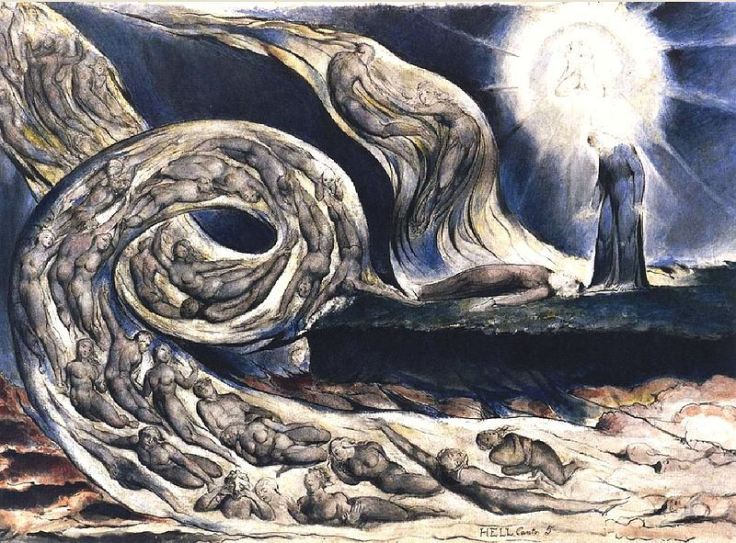About ten years ago, I decided to read Dorothy L. Sayers’s English translation of Dante’s Divine Comedy. I duly started with Hell and, although it made interesting reading in terms of general knowledge, I must confess I was not enthralled by the story per se. Still, I diligently carried on with Purgatory, at the end of which I decided to take a break.
Being short of reading material recently, I resumed the trilogy and picked Paradise off the shelf. Being a translator now means that I read translated material from a different perspective, observing and appreciating the choices made by the translator such as the words, the expressions, the turn of the sentences and the general style. Sayers’s work is unquestionably praise-worthy in that respect. Her mastery of archaic terms and style, down to the very constructions of the sentences that let the English language’s German roots transpire, makes Dante’s work far more interesting now to my translator’s mind.
In days when quality seems to have lost ground in favour of the fast, the cheap and the mediocre, it is refreshing and inspiring to read such a polished translation.
 Photo: commons.wikimedia.org
Photo: commons.wikimedia.org
Leave a comment